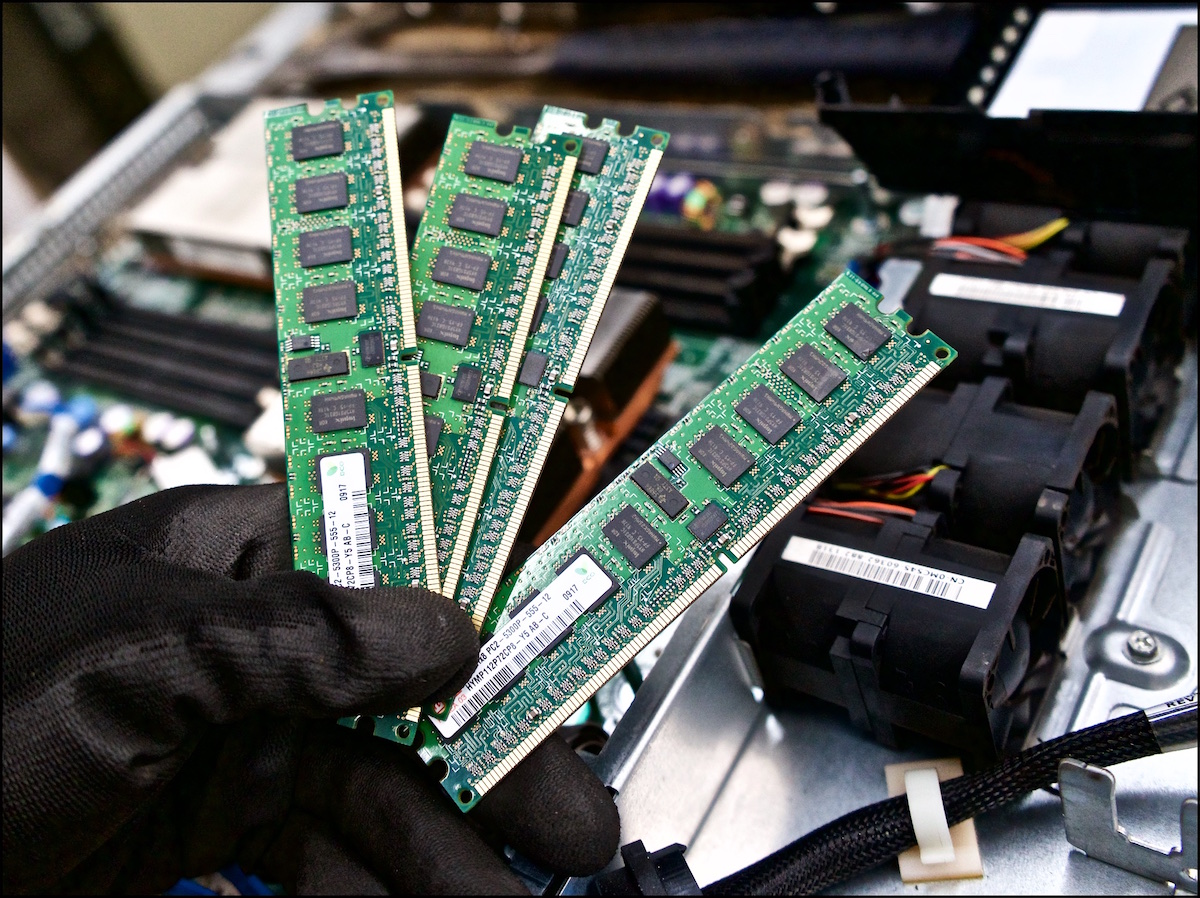
Businesses today are producing large amounts of e-waste in the form of computer hardware, IT products, batteries and more. This is beginning to become an issue of significance in waste management, as landfills simply cannot biodegrade these products. As a result, landfills are filling up with large amounts of plastic and metal that won’t break down. Furthermore, many e-waste products consist of toxic chemicals like mercury, cadmium and lead, which can harm the environment and public health. Companies across the world are dealing with this issue in different ways, producing varying outcomes. Virtually every industry needs e-waste recycling.
A Flawed Process
A British journalist writing for the environmental magazine Ensia recently documented a case of e-waste recycling at an outfit in New Delhi, India that resulted in health issues for its employees and further environmental issues for the city. Employees regularly used acid to remove copper from computer circuit boards causing chronic coughs and dizziness among workers. The copper is then recycled to create copper wire. The same publication also noted an example in Thailand where an e-waste recycler was raided by police and found illegal workers burning toxic dioxin out in the open. There are many cases to look at, but suffice to say, e-waste recycling hasn’t been a perfect process.
Responsible Recycling
Modern facilities in Europe have set the standard for e-waste recycling. Several of these companies are precious metals refining companies and e-waste is merely a new way to obtain raw materials to work with. This can be a win-win for business as well as the environment. Mobile phones and computer circuit boards account for the extraction of gold, tin, silver and copper. Proper smelting processes can remove the metals from the plastic and the plastic can be used for fuel in the smelting process. Local laws help in this process as the leftover noxious gas is responsibly dispersed and leftover waste is preserved in secure underground locations that cannot leach into the environment.
The United States Has Room for Improvement
The main issue with e-waste in the United States is there hasn’t been clear national guidelines. Rather states and municipalities are left to decide by themselves how best to handle or not handle the growing problem of electronic trash. The result has been that most of it is land-filled rather than recycled since many states are still leary of applying pressure to businesses and its own agencies. This has drastic environmental consequences for local communities. The toxic mix of lead, mercury and flame-retardants can leach into the soil and groundwater. E-waste only represented 2% of total landfill waste in 2009, but that number is expected to increase substantially in the years to come. Business is a main driver of e-waste with laptops, desktop computers, cell phones, tablets, printers, hard drives, memory sticks, IT assets, scanners, batteries and medical devices being some of the main culprits. Still environmental concerns, public perception and remaining in the good graces of today’s ever savvy social reporters, businesses are actually taking much lead in realizing their need to properly dispose of ewaste.
A company seeking to do the environmentally responsible thing might look at the services of TechWaste Recycling. Recycling e-waste can ensure a safer and healthier America, while also leaving room in landfills for biodegradable material.
TechWaste Recycling directly services all of Southern California and provides pickup services to its facilities from nationwide locations. Contact TechWaste Recycling at www.techwasterecycling.com to schedule a pickup that works for your convenience and schedule.
Learn more about how TechWaste can help your industry: Proper E-Waste Disposal for Industries
Contact Info:
Richard Steffens
1940 E. Occidental street
Santa Ana, CA 92705
Phone: 866-637-8469

































